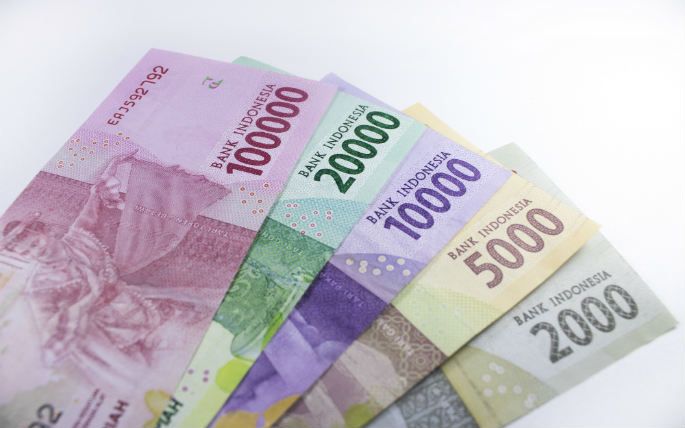Characteristics Of Money is very important subject for any business students. Any type of money may be considered as good money due to certain qualities. The qualities of good Money, are as under. Money is a cultural product, a real technology, which we have been using for thousands of years to regulate the exchange of goods and services between us human beings. This cultural product can manifest itself in time and space under the most disparate guises: it can be a metal object, a sheet of paper, a shell or a simple number on a spreadsheet.
10 Best Characteristics Of Money.

General Acceptability:-
The main quality of good money is its general acceptability. It should be commonly acceptable for the sale and purchase of goods and services. Anything, which is acceptable in a certain payment but not generally acceptable, cannot/be regard as good money. If people lose confidence in money and refuse to accept it in payments, it will not work as money any further. It practically happened in Kuwait during the gulf war, when people refused to accept Kuwaiti Dinars in payments.
Stability of Value:-
Good money is that whose value is fairly stable. Frequent changes in the value of money will inject the element of instability in economy and people lose confidence in it.Moreover, money is a standard for measuring the values of other goods and services. If its own value is not stable, how can it measure the values of other goods properly?
Portability:-
Good money should have the quality of portability. It is possible only if it contains huge value in small bulk. This quality of money makes best use of money possible. Paper money is considered good money as it can be shifted easily from one place to another.
Why Characteristics Of Money Succeed.

Divisibility
Another quality of good money is that it should be capable of making small purchases. It is possible only if the money is divisible into small units.
When money is divisible into small units, the consumer will get maximum satisfaction with his limited income by equating the marginal utility of all the purchased commodities. Paper money possesses this quality. A thousand rupee note can be changed into the notes of small denominations. It enables a person to make small purchases.
Durability:-
Good money is that which is durable and long lasting. It should not deteriorate rapidly with the passage of time. Gold and silver coins are more durable as compared to paper money. A paper can last only for few months if it remains in circulation and a coin can work §s a medium of exchange for many years.
and silver coins are more durable as compared to paper money. A paper can last only for few months if it remains in circulation and a coin can work §s a medium of exchange for many years.
Storability:
–Money should be storable without any fall in value. The value of money should not depreciate with the passage of time. This quality of money will encourage savings and investment.
Communicability:-
Communicability is an essential quality of good money. An ordinary person should be able to judge the correctness of money. It is possible only if the various units of money are identical. Paper notes and modern coins of different denominations are identical in size and color; therefore they can be recognized very easily.
Conclusion
In conclusion, the characteristics of money play a crucial role in facilitating economic transactions and maintaining stability within financial systems. Durability, portability, divisibility, uniformity, limited supply, acceptability, fungibility, and stability are the key attributes that make money an effective medium of exchange, unit of account, and store of value. Understanding and appreciating these characteristics help us navigate and comprehend the complex world of finance.
